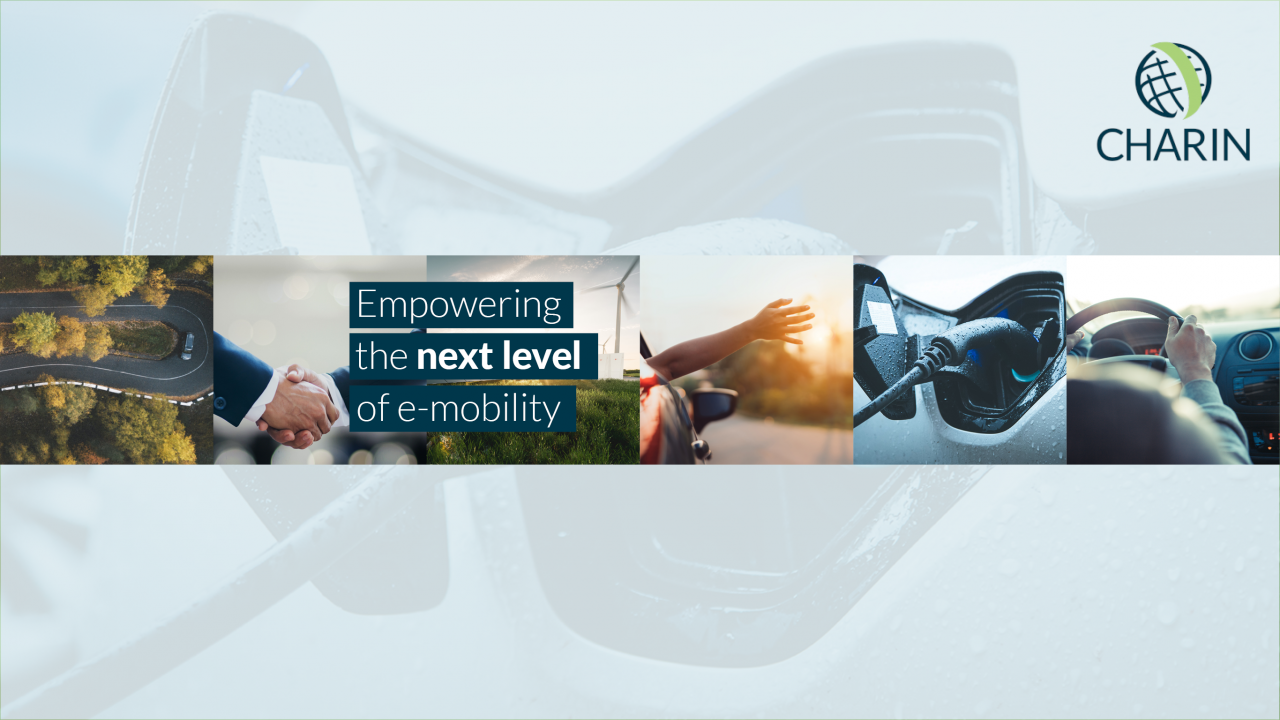Interoperability. Decisive prerequisite for a global hydrogen fueling infrastructure.
Heavy-duty and vessel manufacturers, aircraft manufacturers and infrastructure providers for a global roll-out of a hydrogen infrastructure.
We present HeavHy in the "Hydrogen Bar" Podcast!
Learn more about our motivation, valuable experiences gained in the e-mobility sector and our vision of a standardised communication protocol for a global hydrogen-based refuelling system for trucks, buses, trains, ships and planes.
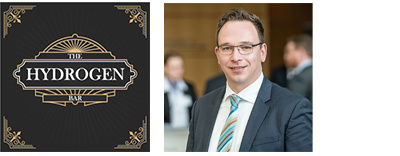
#55: A Chat at the English Hydrogen Bar - with André Kaufung
#56: A Chat at the English Hydrogen Bar - with André Kaufung
You also consider to become a member but you lack relevant details? Please refer to the HeavHy intro slides and letter of intent or get in touch with us directly. We look forward to inviting you to the Q&A session as well.
What is our purpose?
Nothing less than to revolutionize the global heavy-duty transport by the use of hydrogen. We see the widespread use of hydrogen in tanks of trucks, trains, ships and airplanes in the near future.
In the end, it all depends on maximum interoperability at the interface of vehicle and infrastructure. We have the ambitious goal to lay the foundation for a smooth communication by preparing standards for a quick roll-out of a hydrogen-based ecosystem.
Although we have all relevant stakeholders and topics in mind we believe in the power of consistent focus. We are determined to translate useful elements of existing standards for the hydrogen refueling vehicles, ships and planes. We don’t want to reinvent the wheel but we intend to transfer success stories such as ISO 15118 in the e-mobility to the hydrogen sector.
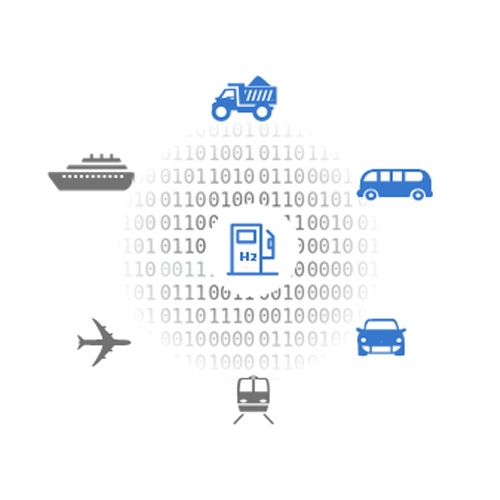
Are there already standards that could be applied?
The valuable experience gained in the preparation for ISO 15118 leads us to believe that essential elements could be transferred to the hydrogen sector as well.
While developing the Combined Charging System we learned that additional features such as Plug & Charge and value-added services ensure seemless charging and with that long time invest protection for all market players.
The ISO standard ISO 15118 enables bi-directional communication. This means that charging of electric vehicles (Smart Charging) as well as feeding surplus power back into the system is possible. This way the technical framework for different variations of integrating electric vehicles in intelligent grid networks has been developed.
The international standard process contains the following parts:

Our Vision
HeavHy is a cross-industry alignment working on requirements for standards needed for a coherent hydrogen infrastructure in the mobility sector.
We are heavy-duty vehicle, heavy-vessel, aircraft manufacturers and infrastructure operators determined to use our resources and our expertise for a global roll-out of a hydrogen infrastructure for climate neutral logistics and transport around the globe.
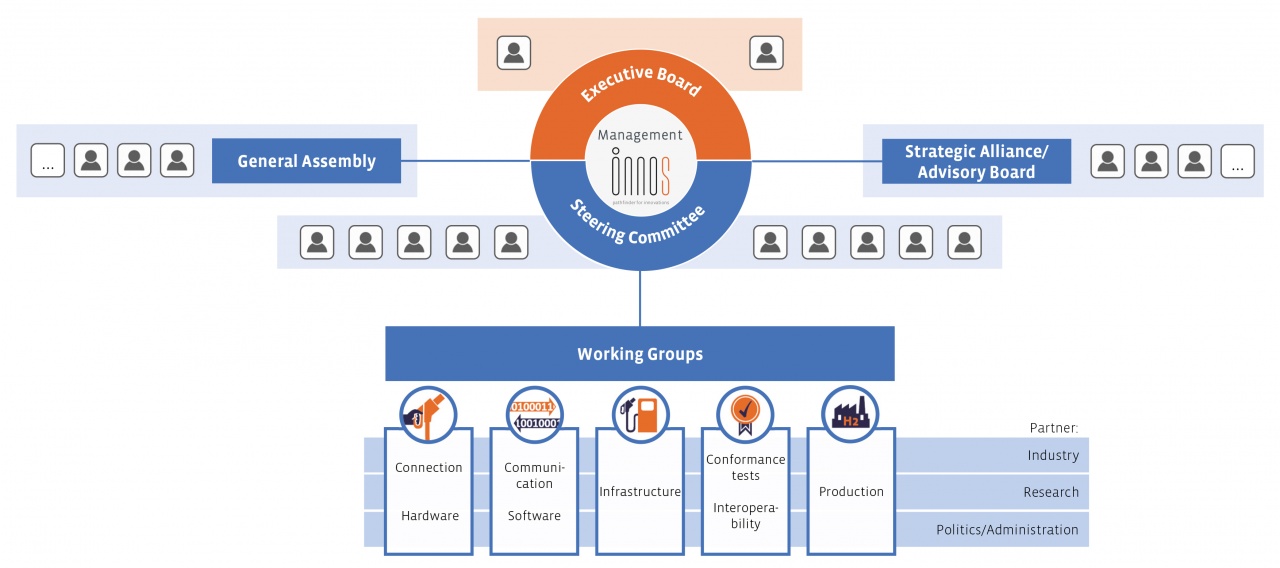
Yes, we can!
Thanks to our experience with the CharIN community we know that a strong industry alignment is the ultimate speed boat to get things done in a time-efficient manner.
Six years ago we faced a similar momentum. The communication at the interface betweeen e-vehicle and charging station was fragmented and threatend a quick roll-out of electromobility. We realized that only all relevant market players can make it together and this awareness has been the driving force of CharIN ever since.
Today, CharIN brings together more than 200 global automotive manufacturers, infrastructure operators and suppliers who are no longer exclusively deal with interface communication but have expanded their networking activities in areas such as added-value services and grid integration.
With the right people on board HeavHy is the ultimate speed boat for the hydrogen economy. We are well positioned to find the best possible balance between speed and interoperability. Due to our approach we enable maximum interoperability in the shortest time.
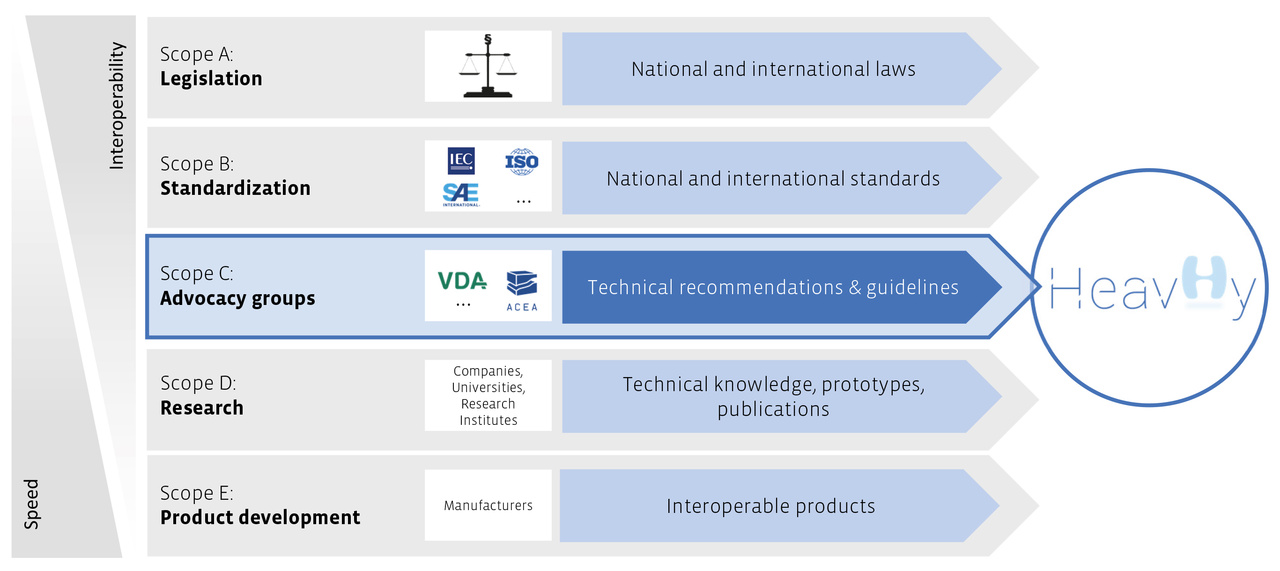
We are proud of the target as well as impact-oriented CharIN Community and believe, that this success story can be transferred to the hydrogen sector, too.
